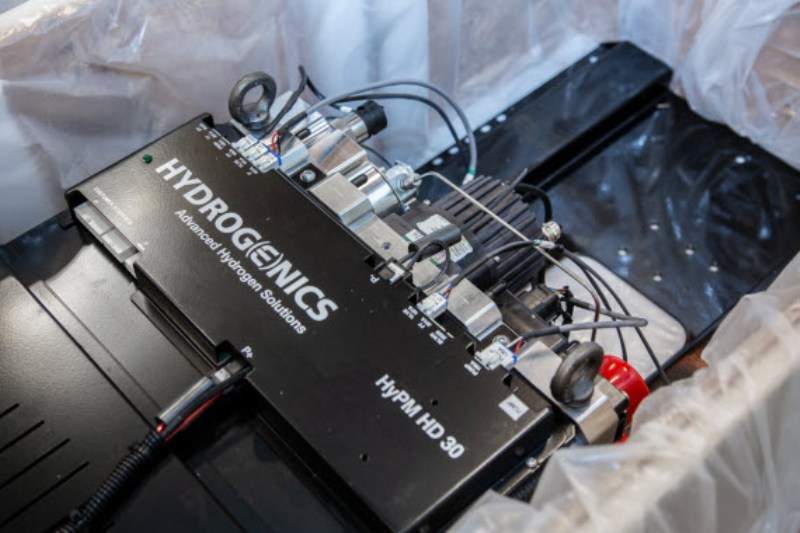
ABB and Norway’s Sintef Ocean are set to conduct a research project to examine the potential of using fuel cells to power commercial and passenger ships.
The research will be carried out at Sintef’s laboratory in Trondheim, Norway, and will involve the use of two 30kW proton exchange membrane (PEM) fuel cells to model the operation and control of a complete marine power system in a megawatt-scale propulsion plant.
It will also see the use of ABB’s software and Sintef’s vessel simulator to replicate and playback various load profiles in diesel, battery, and fuel cell configurations in a laboratory environment.
The tests are expected to improve the control of fuel cell plants in combination with energy storage, as well as optimise the efficiency, reliability and duration of fuel cell stacks.
ABB Marine and Ports energy storage and fuel cells product manager Jostein Bogen said: “Fuel cell technology is maturing quickly.
“These trials are expected to provide the platform for fuel cells to build on so that they can take a position in the maritime sector that is competitive with fossil fuels.
How well do you really know your competitors?
Access the most comprehensive Company Profiles on the market, powered by GlobalData. Save hours of research. Gain competitive edge.

Thank you!
Your download email will arrive shortly
Not ready to buy yet? Download a free sample
We are confident about the unique quality of our Company Profiles. However, we want you to make the most beneficial decision for your business, so we offer a free sample that you can download by submitting the below form
By GlobalData“Finding unknowns and coping with them in a controlled environment, rather than risking surprises on-board ships, will be central to these trials.”
According to Sintef, the PEM fuel cells use hydrogen as fuel to separate electrons and protons.
The process passes through protons and uses electrons as electrical output. It also converts hydrogen directly to electricity and heat without combustion.
PEM fuel cells are designed to operate at a lower temperature. They are lighter and more compact compared to their solid oxide counterparts.







